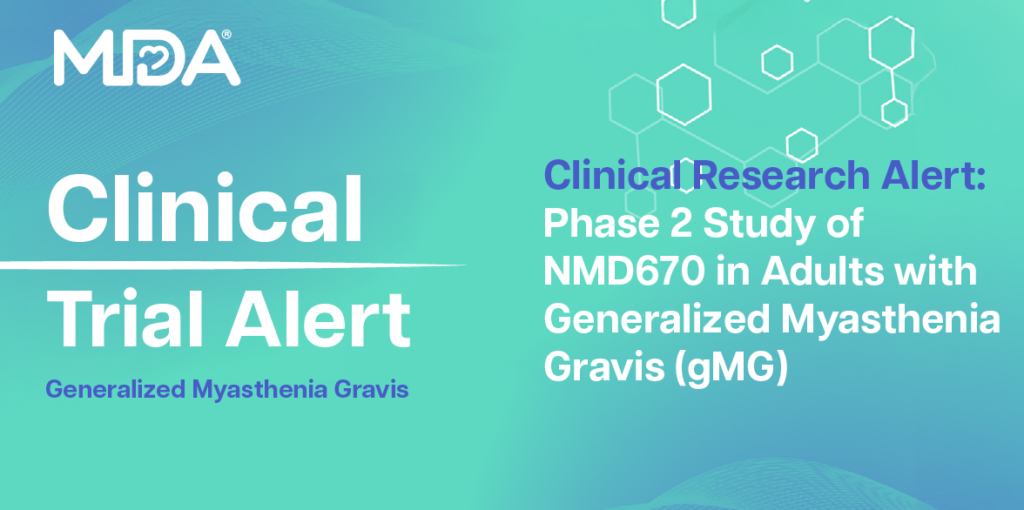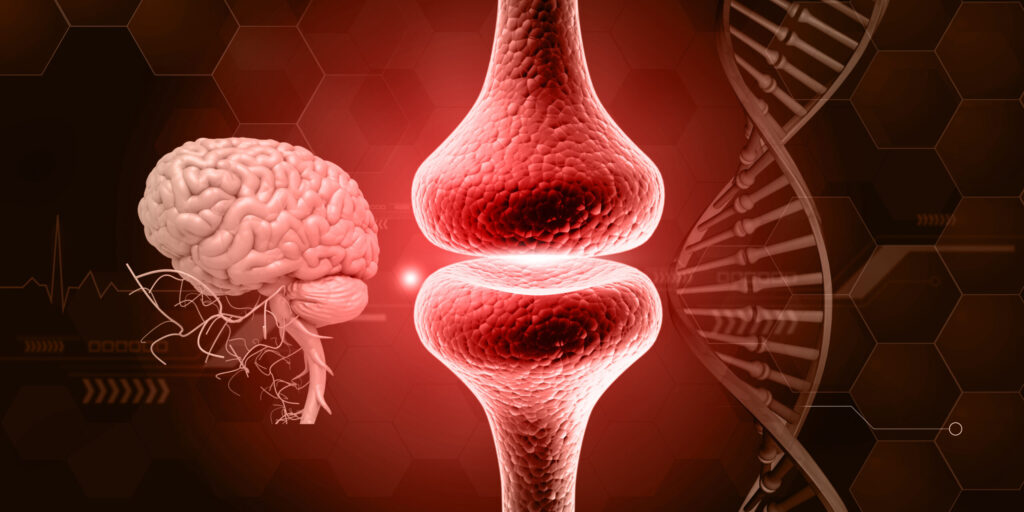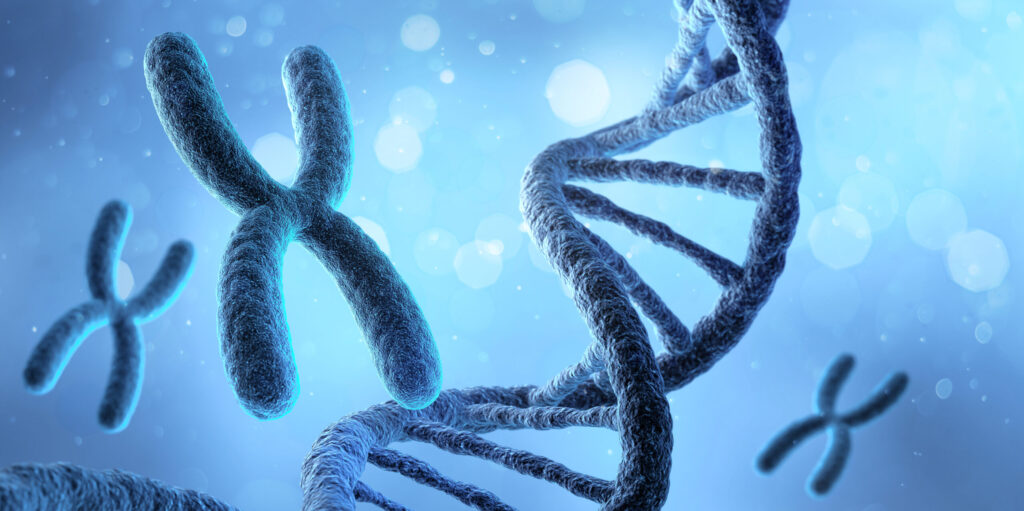
Breaking Healthcare Barriers
By Karen Doss Bowman | Friday, May 14, 2021
When she lived in Dallas, Kelly Pagano regularly visited her local MDA Care Center and felt confident in the way her medical team managed her condition, limb-girdle muscular dystrophy (LGMD). Along with regular check-in appointments, the clinic provided a wealth of information about her disorder and research updates, connected her with local resources, and offered participation in clinical trials. She also participated in local support groups and MDA events.
Since moving to rural Nolensville, Tenn., two years ago, however, Kelly has felt alone in dealing with her disorder. “Currently I am not getting care for my LGMD, which is a scary place to be,” she says.
Neuromuscular conditions encompass a wide range of diagnoses, symptoms, and management strategies. People living with these disorders benefit from regular, specialized care management. However, neuromuscular diseases often take years to diagnose, and expert care is not always accessible for a variety of reasons: distance from a clinic, inability to take time off work, or lack of childcare or transportation, to name a few.
MDA supports a nationwide network of Care Centers — the nexus of expert clinical care and medical research — and provides an array of programs and services, including the National Resource Center, educational resources, community activities, and Summer Camp for kids. We recognize that many individuals, like Kelly, struggle to connect with providers who understand their conditions and are knowledgeable about the best care practices. Healthcare providers in the MDA Care Center network are constantly, actively looking for ways to improve access to care.
Serving rural communities
For Aravindhan Veerapandiyan, MD, assistant professor of pediatric neurology and director of the comprehensive neuromuscular disease program at Arkansas Children’s Hospital, expanding access to care is a personal quest. As a child, he watched his father, also a physician, care for patients in his family’s rural Indian community, which sparked his own desire to work with underserved communities.
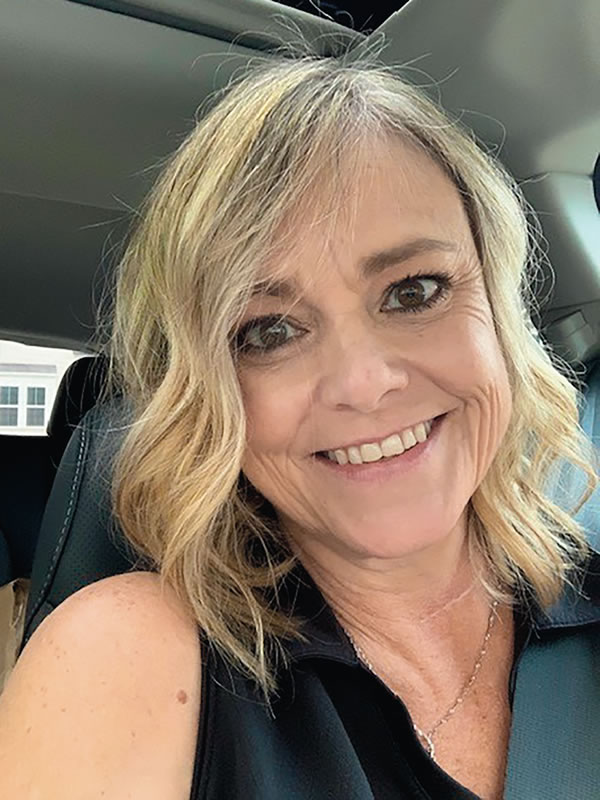
Kelly Pagano noticed a difference in access to care for her LGMD after moving to a rural town.
“This feels personal to me because I grew up in a place where I saw people traveling miles and miles to get medical care,” says Dr. Veerapandiyan, known as Dr. Panda to his patients and families. “I have witnessed how draining that is for families and the emotional burden they carry. This is critical because I strongly believe that everyone should get equal care.”
In 2019, Dr. Veerapandiyan helped expand the Arkansas Children’s neuromuscular disease clinic in Springdale, located in the northwest corner of the state. This clinic helps bridge gaps in access to care in a state where families often travel up to four hours for their loved ones to receive specialized neuromuscular disease care. Just like the main location in Little Rock, it is staffed by a multidisciplinary care team with expertise and commitment to patients and their families living with neuromuscular disease.
“The satellite clinic gives an opportunity for these kids to have the best quality of life that they can.” Dr. Veerapandiyan says. “Living in a rural area shouldn’t prevent them from getting the best quality care that they deserve and need.”
During the COVID-19 pandemic, when the expanded use of telehealth visits by video or phone allowed many people to get healthcare without leaving home, Dr. Veerapandiyan found that some of his patients lacked high-speed Internet, or even reliable phone service.
“Parents often had to drive 30 minutes to an hour away from their homes to get to a public place where they could access free Wi-Fi to connect with telemedicine,” Dr. Veerapandiyan says.
Arkansas Children’s is working on expanding telehealth access by offering telemedicine workstations in primary care physicians’ offices. Families can go to these providers’ offices to have telehealth visits with specialists.
Between the satellite clinic and expanded telemedicine options Dr. Veerapandiyan has been able to reconnect with some families he hadn’t seen in years.
“It’s not that parents and caregivers don’t want to give their children the care they need,” Dr. Veerapandiyan says. “Usually there’s something preventing them from coming. With telemedicine we can’t do the hands-on exams that often are necessary, but at least it’s a way to bring them back to us and monitor their conditions.”
Educating the providers
Neuromuscular diseases encompass a wide range of symptoms, and their occurrence rates range between relatively rare and extremely rare. Most primary care physicians won’t see more than a handful of patients with neuromuscular diseases over the course of their entire careers. When they do see them, they might be slow to recognize the symptoms or unfamiliar with the best course of care.
For this reason, Edwardo Ramos, MD, a sports medicine and spinal cord specialist at Instituto de Rehabilitación del Caribe, an MDA Care Center in San Juan, Puerto Rico, regularly reaches out to primary care providers, as well as physical therapists and occupational therapists — specialists who are likely to see individuals experiencing weakness or mobility issues — to educate them about neuromuscular disease.
“I try to give them confidence in terms of how they can identify a patient who might have a neuromuscular disease, and I tell them that our clinic can serve as a place for confirming the diagnosis,” Dr. Ramos says. At a recent annual meeting for local primary care doctors, he gave a presentation about potential signs of neuromuscular disease and genetic testing options. Many of the healthcare providers he meets in Puerto Rico know very little about neuromuscular diseases and are unaware that they could refer a patient they suspect might have a neuromuscular disease to one of the three MDA Care Centers on the island.
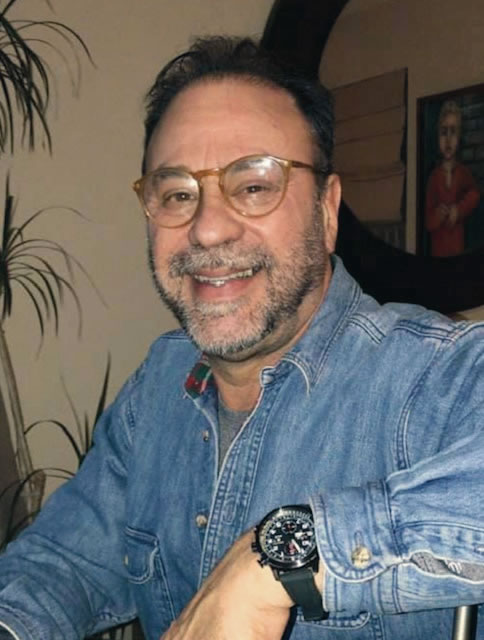
Edwardo Ramos, MD
“It’s important for providers to understand that the MDA clinics are the primary centers for diagnosing and managing patients with different neuromuscular diseases,” Dr. Ramos says. “These clinics are updated on all the available treatment options and also any clinical trials that are available to patients.”
Building trust
Access to care isn’t always a matter of proximity to a high-quality medical center. In New York City, for example, residents are close to a large number of major healthcare institutions in and around the city. However, individuals can still experience challenges related to language barriers and economic stressors, such as housing and job concerns.
Leslie D. Delfiner, MD, pediatric neurologist and co-director of the MDA Care Center at Montefiore Medical Center in the Bronx, says her team strives to provide flexible care that recognizes the impact of those challenges. For example, if a parent cannot take the whole morning off work for their child to see multiple specialists in one visit, they might break the appointment up over two shorter visits.
To address language barriers, Montefiore offers phone interpreters and on-site American Sign Language translators for any family who needs them. The Care Center’s social worker helps identify families’ needs and provide support and services for patients and families.
“We do not force families to fit into a single model for scheduling and for access to care,” says Dr. Delfiner. “It’s important to identify the challenges that impact a family’s ability to engage in care and address each of those concerns at every visit. Medical appointments can be stressful if a family has trouble traveling to visits or is concerned that a parent may lose their job because of time away from work. Sometimes in clinic, we spend a significant amount of time addressing these issues and creating a family-specific care plan that accommodates their needs.”
Dr. Delfiner recognizes that she and other MDA Care Center providers can play a critical role in helping to break down healthcare barriers for individuals living with neuromuscular disease. “As clinicians, we need to engage with patients and their families as partners in care,” she says.
Karen Doss Bowman is a freelance writer and editor living with progressive muscular atrophy, a subset of ALS, in Bridgewater, Va.
Education in Spanish
MDA is committed to helping our community access the care they need. Our disease fact sheets and other community education materials are available to view and download in English and Spanish.
Find a Care Center
MDA Care Centers provide expert clinical care for individuals living with muscular dystrophy, ALS, and many other neuromuscular diseases at more than 150 of the top healthcare institutions across the United States. Find an MDA Care Center here.
Disclaimer: No content on this site should ever be used as a substitute for direct medical advice from your doctor or other qualified clinician.


